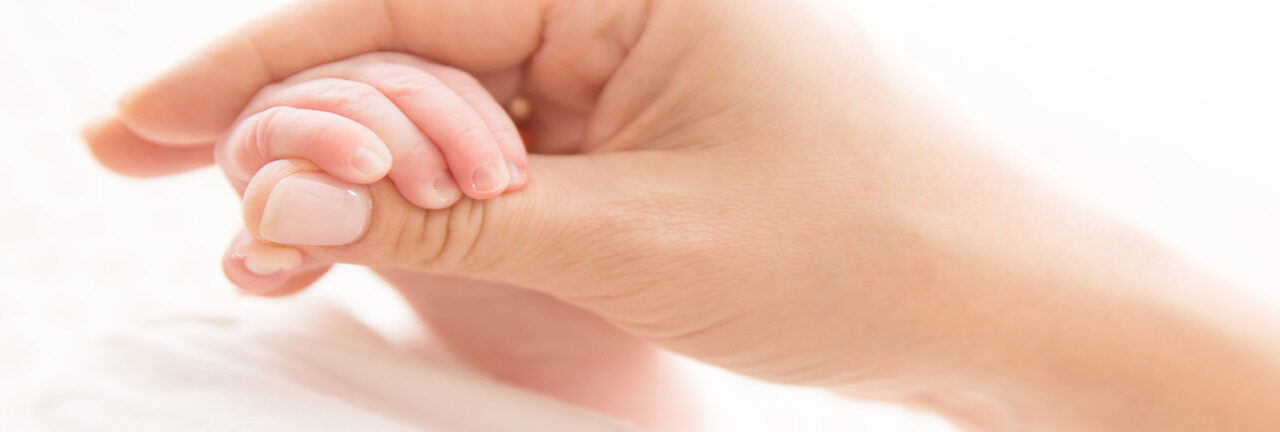An Oklahoma hospital is fighting the stigma of addiction in pregnancy and in the process is changing the lives of new moms and their babies. A program recently launched by Oklahoma Children’s Hospital OU Health has embraced a mission of compassion, care and recovery for women who experience addiction while expecting.
The measures are meant to replace the punitive stance that had once been standard for women whose babies are born addicted to drugs such as opioids. Mothers and their newborns receive comprehensive support both in the hospital and at home.
The new project is called the Perinatal Health and Substance Use Quality Improvement Virtual Learning Collaborative. It’s one of eight such projects whose mission is to establish best practices in care for women and children impacted by addiction.
The program is funded through grants from the American Academy of Pediatrics and channeled to healthcare providers across the state through the acclaimed University of Oklahoma health system.
Infants born to mothers with substance use disorder may face severe and life-threatening complications throughout their lives. Neonatal abstinence syndrome (NAS) refers to the constellation of painful and potentially dangerous symptoms these infants may endure after they are born.
Drugs and alcohol consumed by pregnant women may cross into the placenta, creating a physical dependency that produces withdrawal-like symptoms in infants shortly after birth. These symptoms range in severity and may encompass anything from trouble sleeping and poor appetite to seizure and stroke. Some infants do not survive.
The perinatal care program at Oklahoma Children’s provides specialized support for pregnant women and new moms in recovery and their babies. In addition to medical care, moms and families receive customized training to address the unique needs of infants born with NAS.
This includes training in soothing strategies that families can master before they leave the hospital with their infant. Prior to the baby’s discharge, families are connected with a multi-disciplinary support team dedicated to making the transition home as smooth, seamless, and safe as possible.
New moms receive services from mental health and addiction recovery specialists, medical care providers, and social workers. New babies get at-home care from clinicians, nurses, and therapists. And the result is long-term, personalized support that promotes the health and wellbeing of moms, babies and families across the lifespan.

